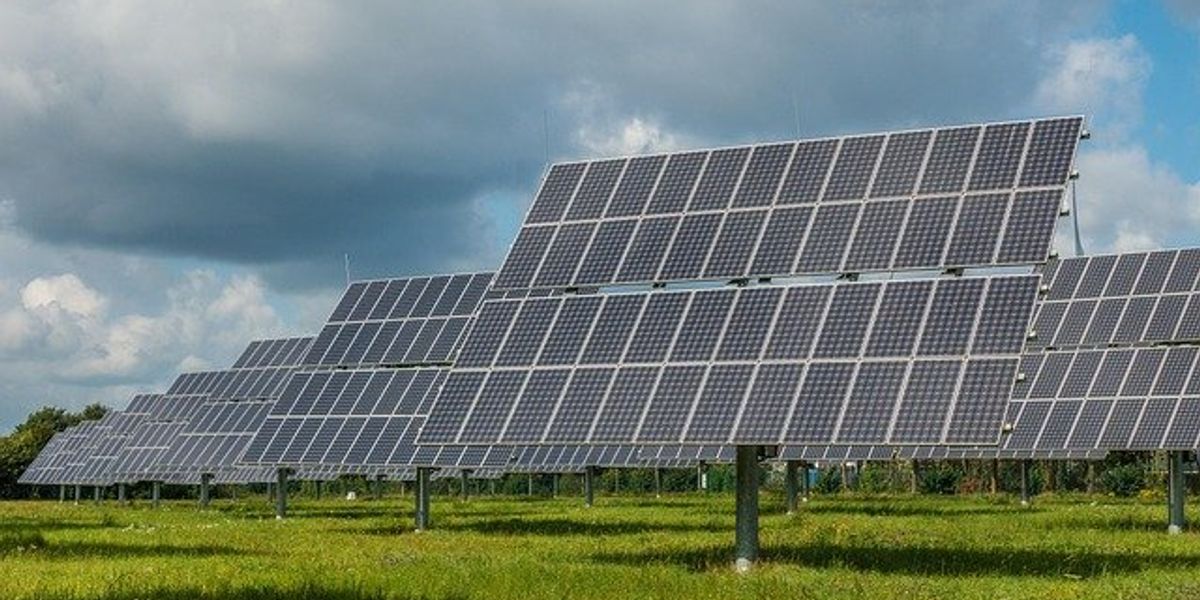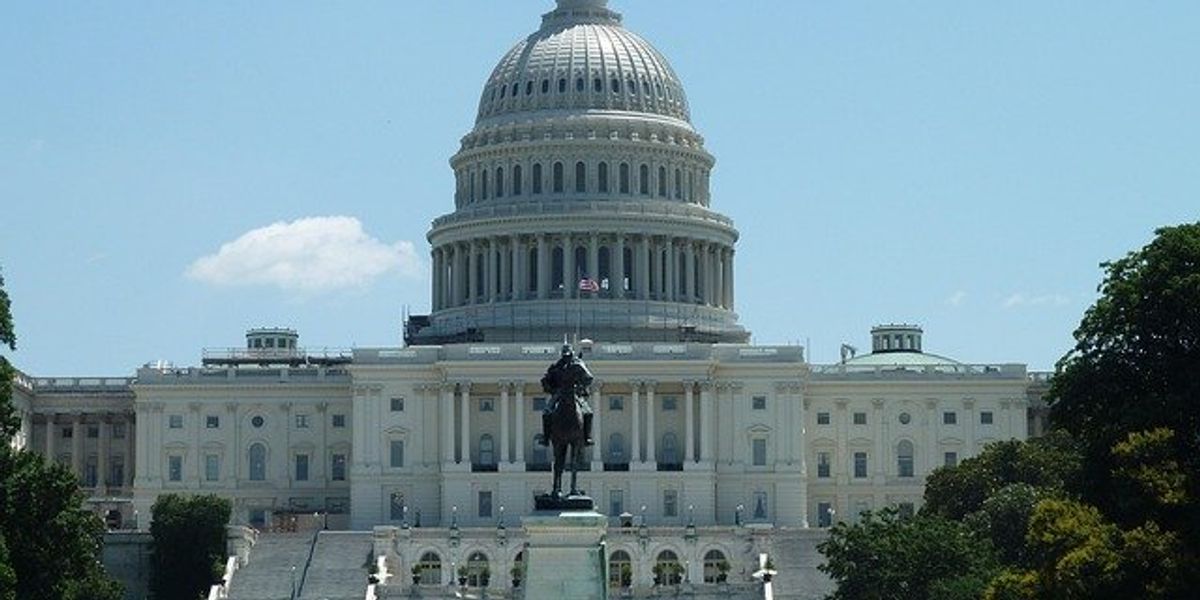
Trump administration moves to raise fees for solar and wind projects on federal land
The U.S. Interior Department plans to revoke a Biden-era rule that slashed costs for renewable energy developers using federal lands, a step back toward fossil fuel-friendly policies.
Nichola Groom reports for Reuters.
In short:
- The rule being rescinded had cut project fees for solar and wind energy developers on federal land by about 80%.
- The Trump administration argues the existing fee reductions unfairly favor intermittent renewables over traditional energy sources.
- The planned rollback is part of a broader effort to dismantle clean energy incentives and revive fossil fuel production.
Key quote:
"Eliminating the Biden administration's preferential treatment of unaffordable, unreliable 'intermittent' projects and dismantling excessive, one-sided restrictions on traditional energy sources like oil, gas, and critical minerals, will unlock the full potential of America’s natural resources."
— Doug Burgum, secretary of the U.S. Department of the Interior
Why this matters:
The cost of developing solar and wind farms on public lands has long been a barrier to scaling up renewable energy in the United States. By slashing those fees in 2024, the Biden administration aimed to create a more level playing field with oil and gas, whose access to public lands has traditionally faced fewer financial hurdles. Reversing that policy signals a return to favoring extractive industries over low-carbon alternatives. Public lands make up a large share of the nation’s undeveloped potential for utility-scale renewable energy, especially in the sunny Southwest and windy Great Plains. Making them less accessible to clean energy developers could slow the transition to a cleaner grid and deepen the country’s reliance on polluting fuels.
Read more: Trump administration seeks to open more public lands to oil, gas and mining under new Interior plan













